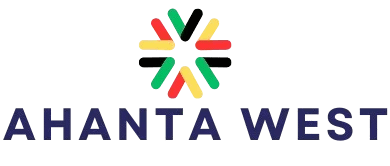
As Ghana approaches the 2025 budget reading, the Electronic Transfer Levy (E-Levy) has become a focal point of national discourse. Introduced in 2022 to bolster domestic revenue, the E-Levy has been a subject of contention among citizens and policymakers alike.
Public Sentiment and Social Media Buzz
In the lead-up to the budget presentation by Finance Minister Dr. Cassiel Ato Forson on March 11, 2025, social media platforms, particularly X (formerly Twitter), have been abuzz with discussions about the E-Levy. Many Ghanaians are hopeful that the government will fulfill its campaign promise to abolish the levy, which has been widely criticized as burdensome. The anticipation is palpable, with netizens expressing their expectations for relief from the financial strain imposed by the levy.
Political Pledges and Economic Implications
During the 2024 election campaign, the National Democratic Congress (NDC) pledged to scrap the E-Levy, aiming to alleviate the financial burden on citizens. This promise has heightened public anticipation ahead of the budget reading. However, experts caution that abolishing the levy could have significant economic repercussions. Former Minister of Works and Housing, Kojo Oppong Nkrumah, warned that such a move could result in a revenue loss of approximately GH¢22 billion, potentially impacting the country’s fiscal stability.
Historical Context and Revenue Performance
The E-Levy was initially introduced at a rate of 1.75% in 2022 but faced strong opposition from the public and some policymakers. In response, the government reduced the rate to 1.5% and later to 1% in 2023 to increase public acceptance and revenue collection. Despite these adjustments, the levy has not met the projected revenue targets, prompting ongoing debates about its efficacy and future.
Broader Fiscal Expectations
Beyond the E-Levy, Ghanaians are keenly awaiting the government’s plans to address other taxes, such as the Betting Tax and COVID-19 Levy. The upcoming budget is also expected to outline strategies for reducing wasteful spending and implementing policies like the 24-Hour Economy Policy and a ‘No-Academic-Fee’ initiative for first-year students in public tertiary institutions.
Conclusion
The 2025 budget reading stands as a pivotal moment for the Ghanaian government to address public concerns regarding the E-Levy and other fiscal policies. Balancing the need for domestic revenue generation with the economic well-being of its citizens will be crucial in shaping Ghana’s financial future.








